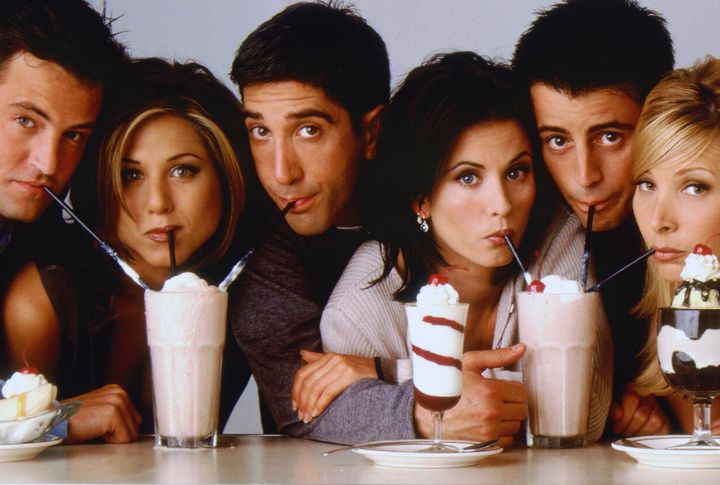
Your daily vocabulary probably holds words that slipped into your speech straight from TV. Many words or phrases created or popularized by TV shows spread widely and became part of how people naturally speak. Today, we use them, but we may not realize we’re repeating our favorite programs in normal conversations. Here are ten TV expressions that successfully hijacked everyday language.
Truthiness From “The Colbert Report” (2005)
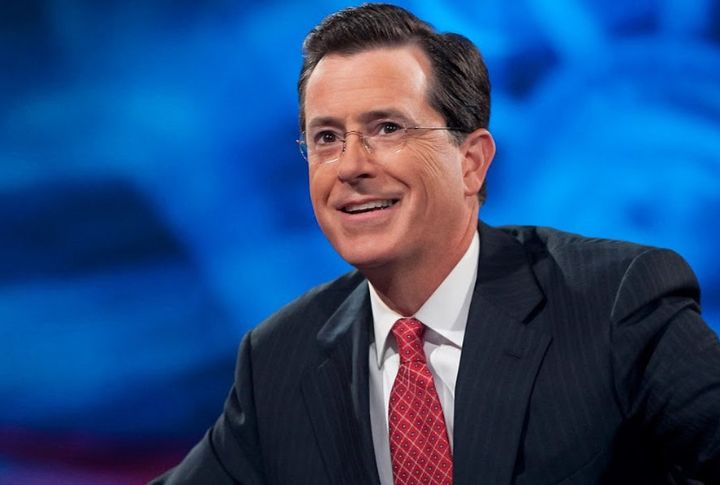
Stephen Colbert, an American comedian and host of “The Colbert Report”, introduced the word “truthiness” to describe how people believe things based on feelings and not facts. It was a way to criticize decision-making driven by emotion in politics and the media. The American Dialect Society named it 2005 “Word of the Year”.
Regifting From “Seinfeld” (1995)
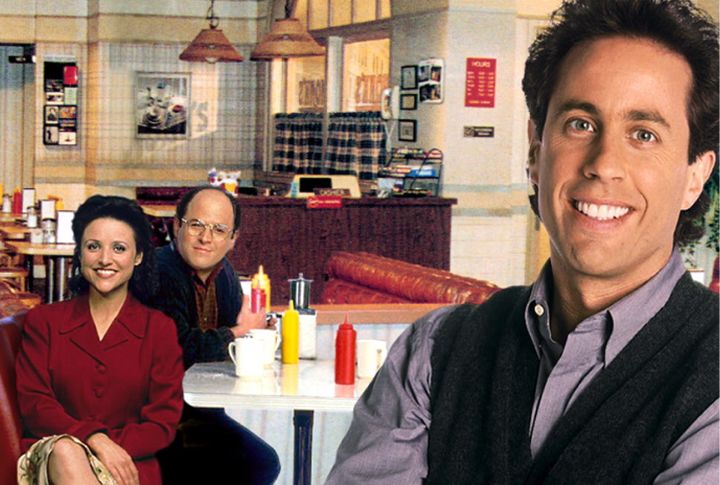
First used in “Seinfeld’s” 1995 episode “The Label Maker,” the word “regifting” described the act of giving away an unwanted present. Viewers quickly embraced the term, as it reflected a familiar holiday habit. After the episode aired, people began using “regifting” in real life to describe the same behavior.
Spam From “Monty Python’s Flying Circus” (1970)
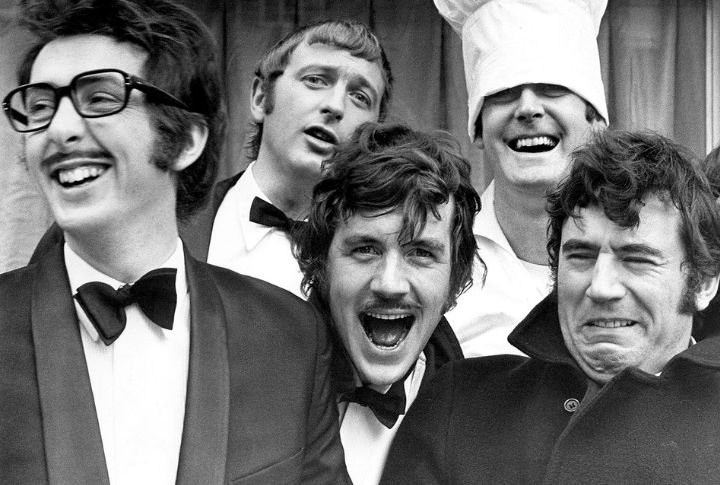
In a sketch, Monty Python, a British comedy group, repeated the word “spam” so often that it became annoying on purpose. The joke made fun of how frustrating repetition can be. Later, people applied “spam” to describe unsolicited messages. By the 1990s, it was adopted as a common term for junk emails and online clutter.
D’oh! From “The Simpsons” (1989)
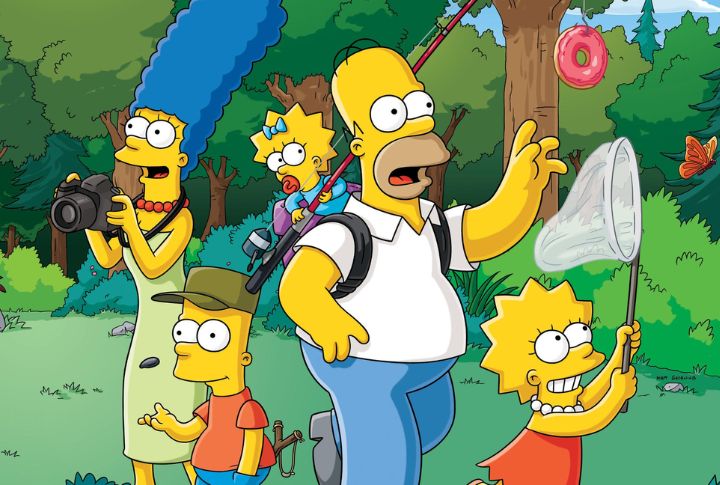
Homer Simpson, the goofy dad from the cartoon “The Simpsons”, is known for shouting “D’oh!” whenever he’s annoyed or upset. His voice actor, Dan Castellaneta, came up with the sound on the spot after watching an old movie. It caught on fast, and by 2001, the Oxford English Dictionary made it official.
Poindexter From “Felix The Cat” (1959)
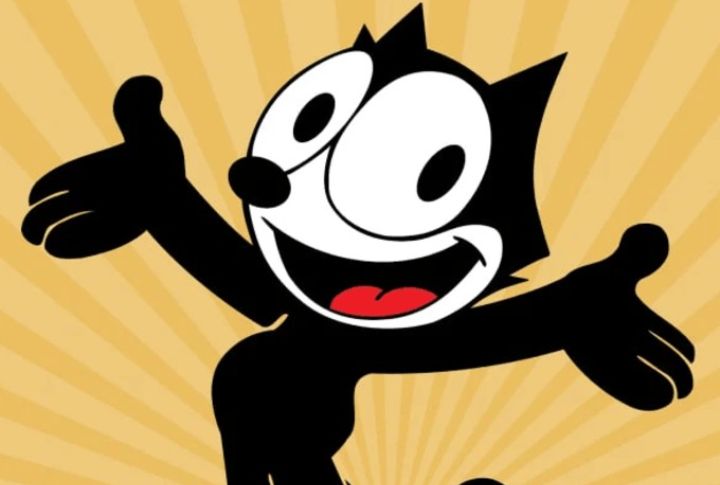
Introduced as a young scientist in the 1959 revival of “Felix the Cat”, Poindexter wore thick glasses and a lab coat—an image that came to symbolize the stereotypical “nerd.” Although the cartoon faded, the name endured. “Poindexter” eventually evolved into a nickname for those regarded as overly academic or socially awkward, especially in the 1980s.
Cowabunga From “Howdy Doody” (1953)
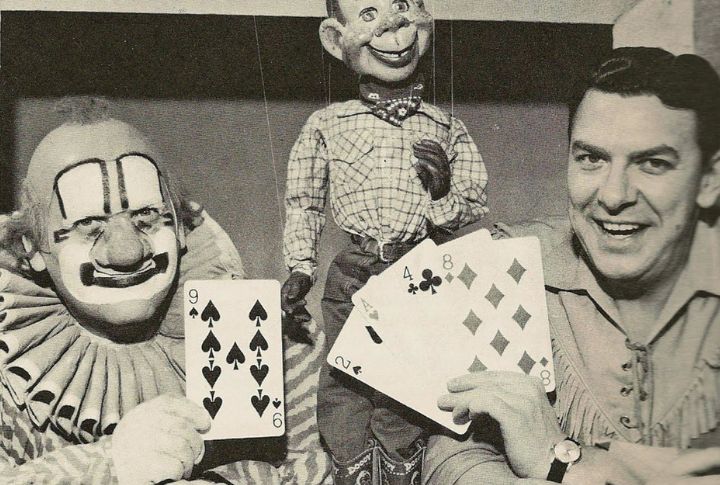
“Cowabunga,” first shouted on “Howdy Doody” in the 1950s, quickly became a sound of excitement. In the 1960s, young surfers in Southern California made it their cheerful cry while riding waves. Even cartoons later carried it on, and Michelangelo of the “Teenage Mutant Ninja Turtles” made it the famous call for fun and chaos.
Embiggen From “The Simpsons” (1996)
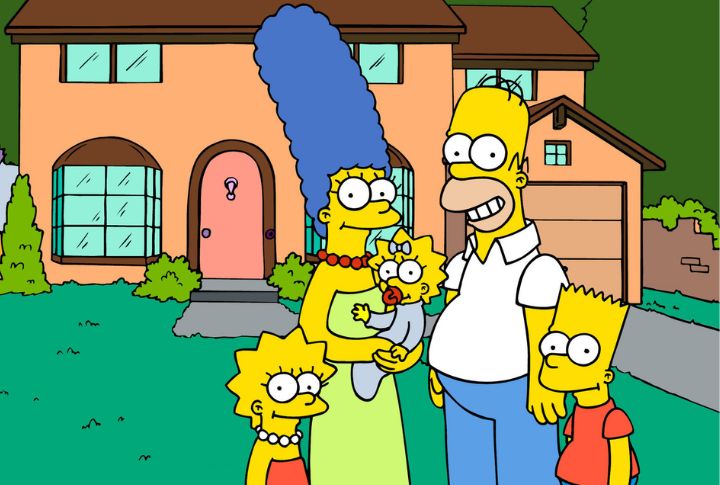
The word “embiggen” debuted on “The Simpsons” in 1996 as a playful alternative to “enlarge.” What started as a cartoon joke soon spread into tech and science writing. In 2018, Merriam-Webster added it to the dictionary, proving even satire can grow into real language.
Friend Zone From “Friends” (1994)
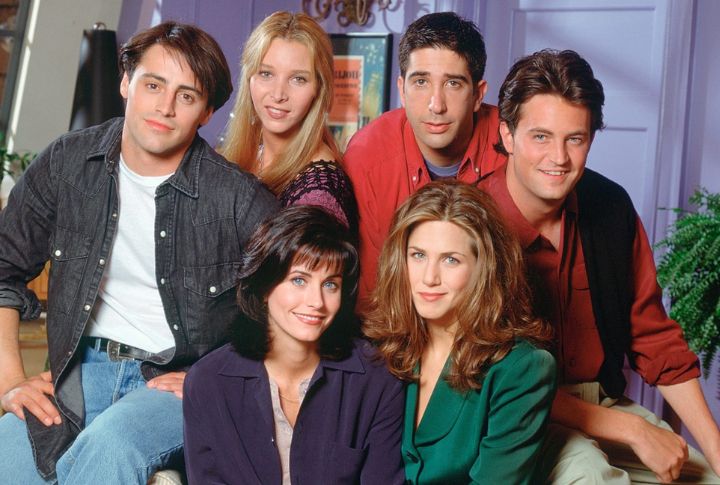
Romantic frustration got a name, thanks to Joey Tribbiani, a character on the sitcom “Friends.” In a 1994 episode, he popularized “the friend zone” while describing Ross’s crush on Rachel. Viewers quickly latched onto it, and by the early 2000s, the phrase was firmly established in both dating conversations and pop psychology.
Omnishambles From “The Thick Of It” (2009)
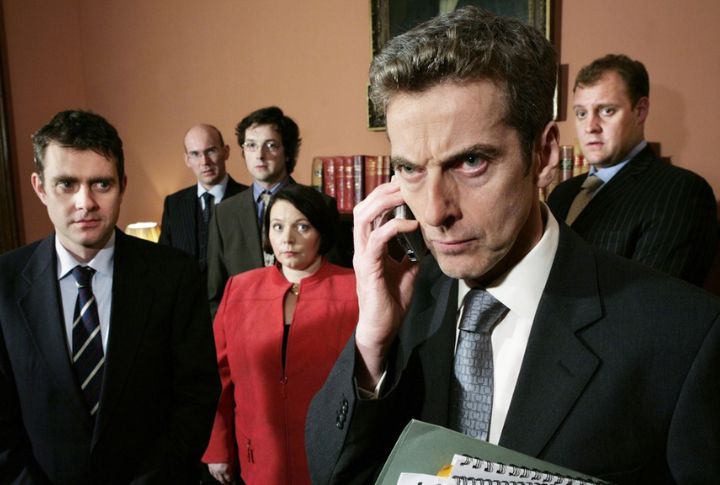
In 2009, the British comedy “The Thick of It” introduced “omnishambles,” a sharp word for a complete disaster. The term fit political fiascos so perfectly that UK politicians soon adopted it. It was honored as Oxford Dictionaries’ Word of the Year in 2012, ensuring the term’s place beyond comedy.
Muppet From “The Muppet Show” (1976)
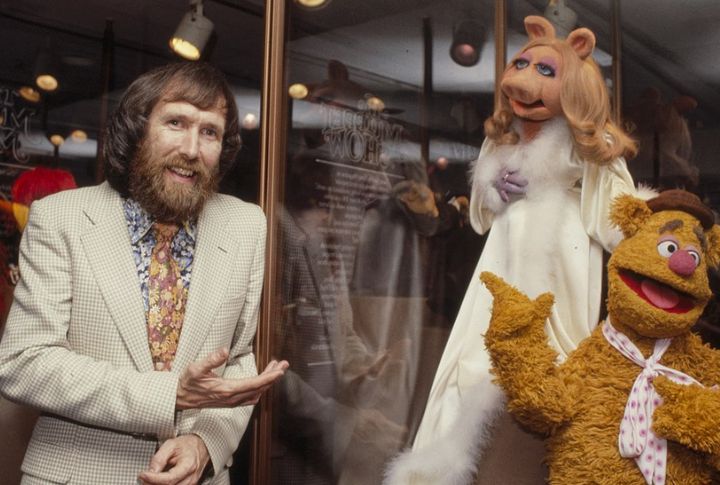
Jim Henson’s “Muppets” combined “marionette” and “puppet” to describe his unique creations. Debuting on “The Muppet Show,” these characters became cultural icons. The term “muppet” has since entered colloquial use and sometimes describes someone as silly or foolish.

